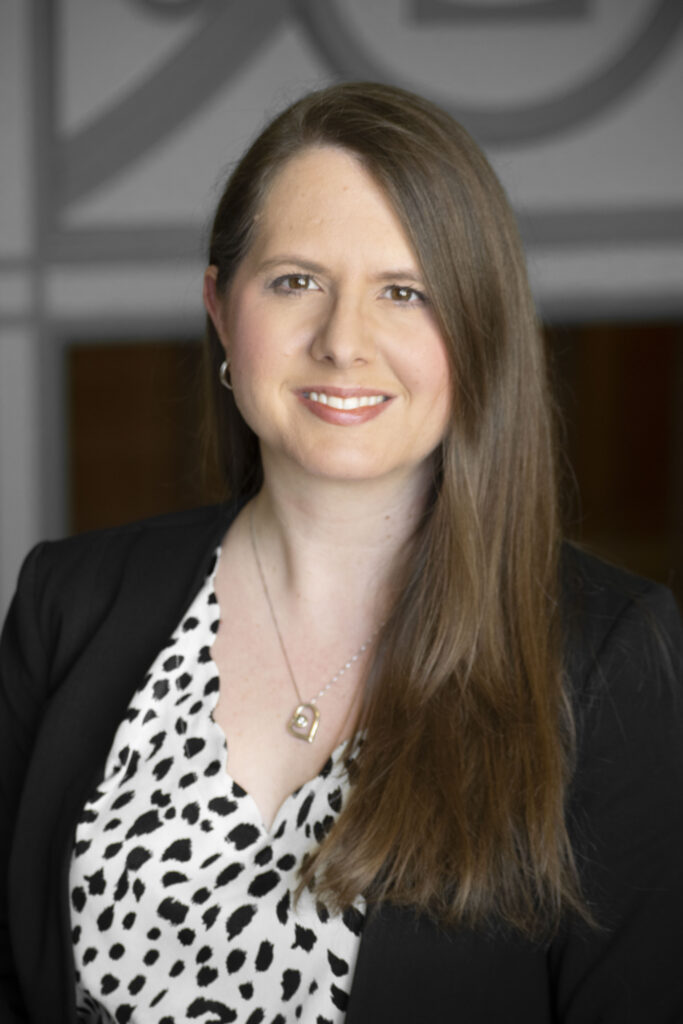With the goal of promoting interdisciplinary research, City College recently secured a $5 million grant from the U.S. Department of Education to create the Translational Research Excellence Across Disciplines, or TREAD Center.
The grant was created by the DOE to increase research activity at minority-serving institutions. For CCNY, that means becoming an R1 institution (Carnegie Classification), indicating very high research activity. To achieve this, an institution must have $50 million in research expenditures and graduate 70 doctorates per year. Currently, City College has enough research expenditures to reach the R1 classification, but it does not graduate enough PhD students yearly.
TREAD aims to directly support 19 PhD students as well as help an additional 40. This will bring CCNY closer to reaching an R1 classification, according to Drs. Elizabeth Biddinger and Ahmed Mohamed, the Co-directors of the Center.
Students in TREAD can engage in convergence research — which involves bringing together many different backgrounds and thought processes — across any topic that is multi-disciplinary, multi-perspective and can be approached holistically.

Graphic from Drs. Biddinger and Mohamed’s proposal.
Biddinger and Mohamed plan to engage the research facility through seed funding competitions in the early fall, allowing them to recruit students for their research.
Another option for TREAD students is to conduct research in what Biddinger and Mohamed designated as Areas of Excellence, including green energy (led by Dr. Robert Messinger), cybersecurity (led by Dr. Rosario Gennaro), and nanobiotechnology (led by Dr. Stephen O’Brien). They identified these areas as already having strong potential for multidisciplinary teams to come together and engage on topics that build convergence research and translational research. These areas serve as examples for other topics of research through the seed funding competition.
Every student who is accepted into the program, starting fall 2025, will come through the seed funding competitions, whether from convergence research seed funding or area of excellence topics. All PhD students will be co-advised by faculty in at least two different departments to get multiple perspectives.

Dr. Elizabeth Biddinger
Biddinger and Mohamed have created four strategies to promote research activity through TREAD.
To help provide better experiences and attract more students, they will develop a support system for PhD students to improve recruitment retention, career development and job placement.
Biddinger and Mohamed will also fundraise to increase resources available to support PhD programs through research grants and alternative methods like philanthropy.
The pair is also developing translational training with an industry and government partnership.
“It’s about the application of the work, but also working closely with those who actually use it in industry and government,” said Biddinger in an interview with The RICC.

Dr. Ahmed Mohamed
Lastly, Biddinger and Mohamed will develop convergence training and research programs.
To further engage the research community, TREAD will host technical workshops as well as specific topic workshops that focus on convergence research. Although these topics are specialized, all students can attend and benefit from them, Mohamed said.
TREAD activity will also include engagement at national conferences to promote CCNY’s graduate programs to undergraduates and will host workshops and open houses for undergraduate students to help them prepare for applying to graduate school.
The CCNY community at large will also benefit. There are also career professional development workshops on engagement, diversity, and inclusion for faculty and the CCNY community, helping them build skill sets to work better as teams and bring faceted and diverse backgrounds together.
When submitting for the DOE grant, Biddinger emphasized the collaboration of the CCNY community was vital to make sure their proposal was campus-wide, inclusive and interdisciplinary, a vision originally put together by the former Associate Provost Rosemarie Wesson.
“There are many ecosystems brewing within City College that helped bring the team together,” said Biddinger.

Malina Seenarine is a recent graduate of Baruch College where she studied journalism and minored in theater. In addition to writing for The RICC, she’s a contributor for Baruch’s award-winning Dollars & Sense Magazine and wrote for the arts and news section of Baruch’s student-run newspaper, The Ticker. She’s also written for FSR magazine.